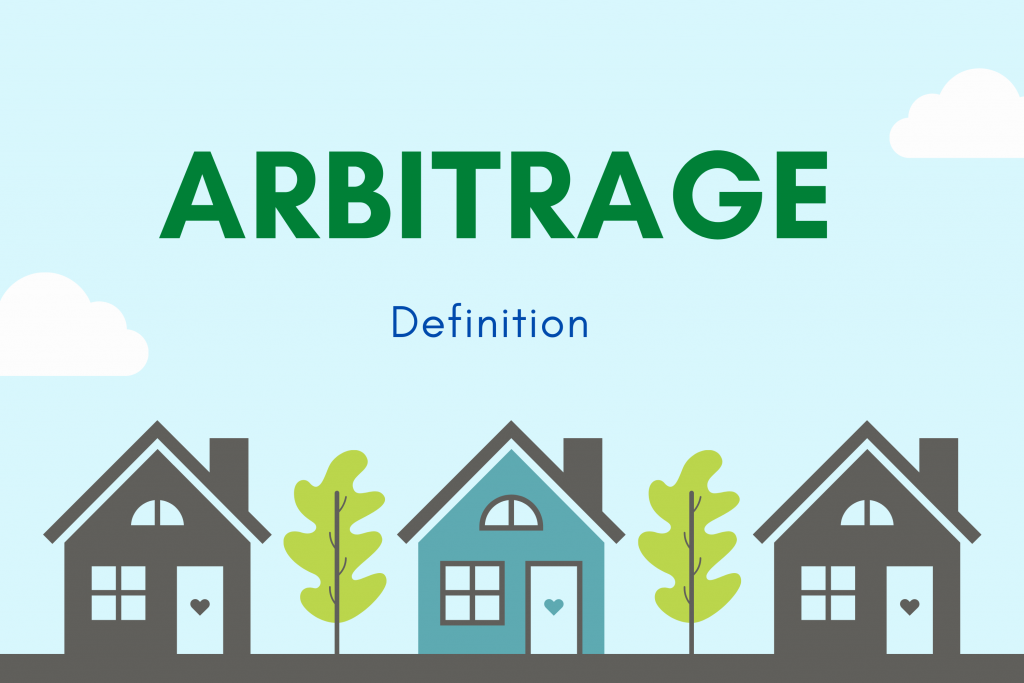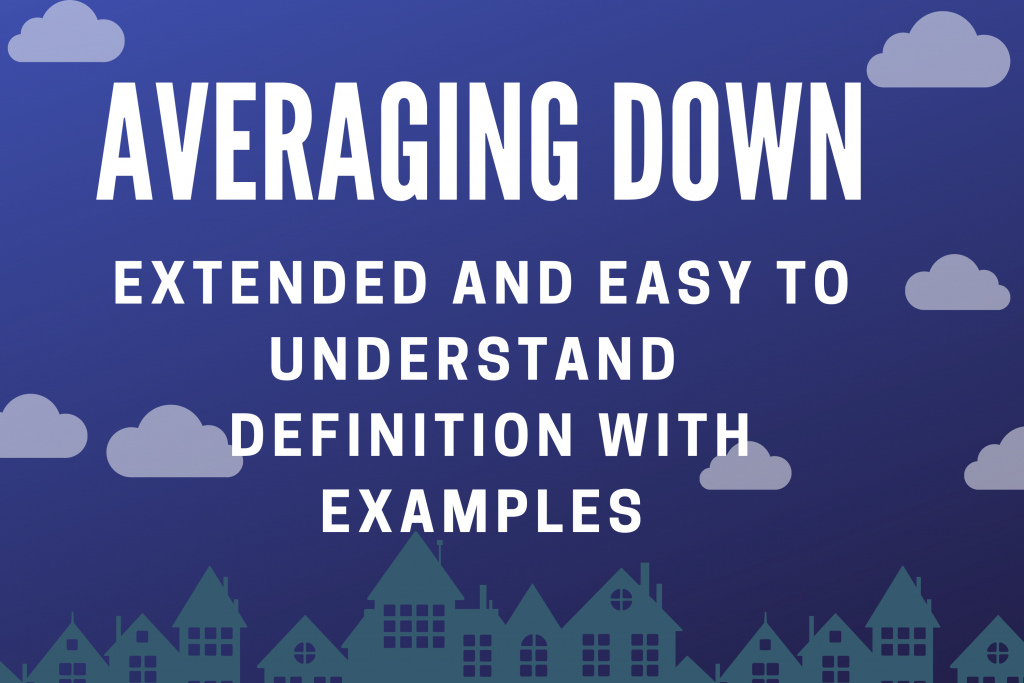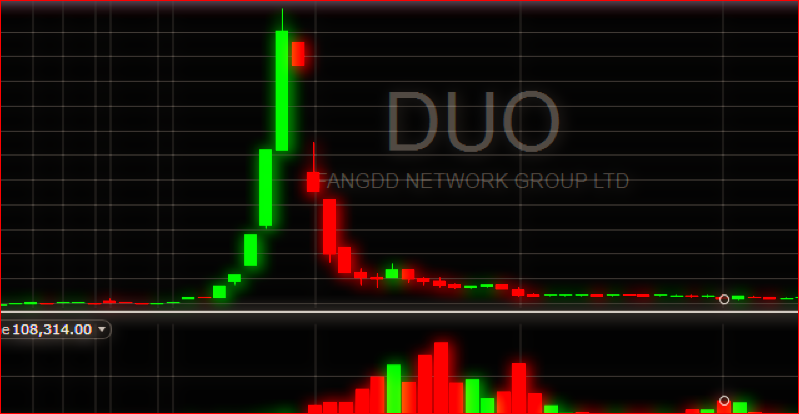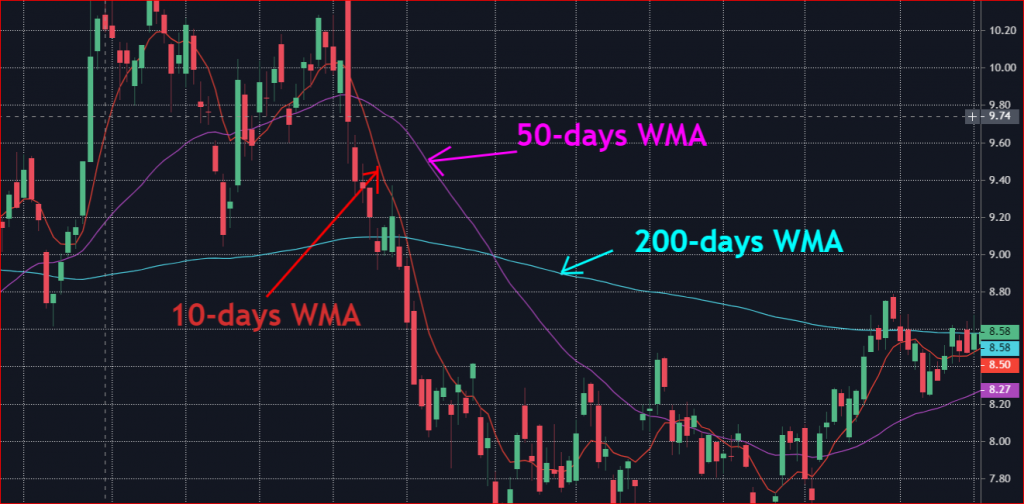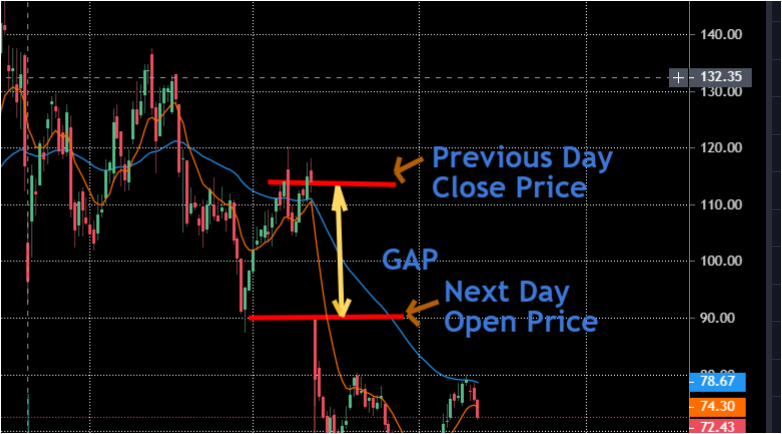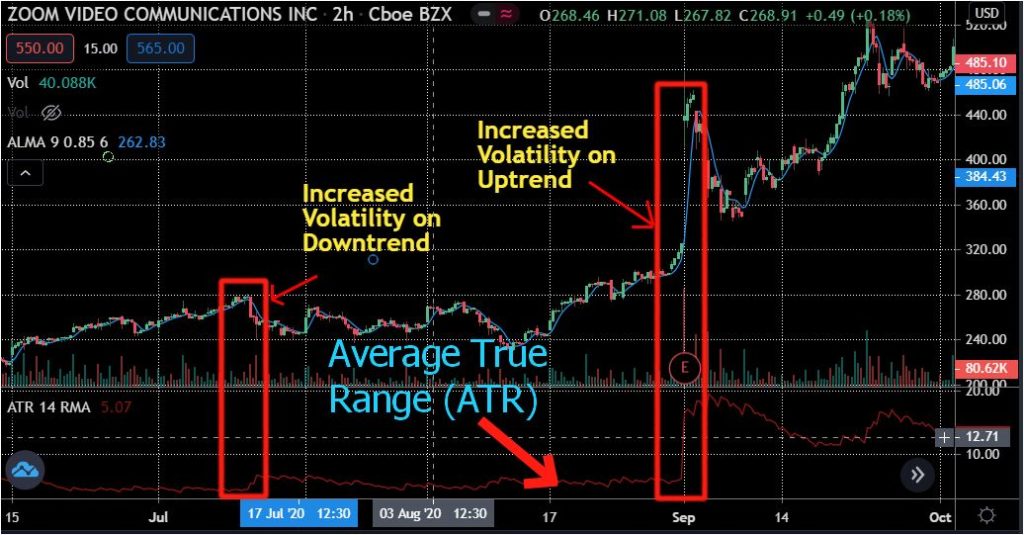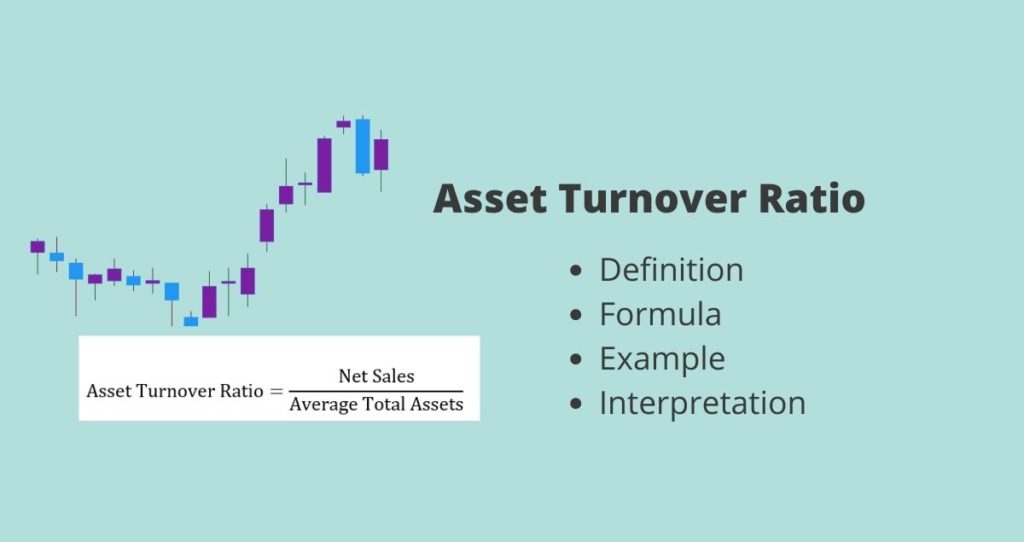What is a margin account?
A margin account is a brokerage account that allows investors to borrow money from their brokers to buy stocks and other securities. The broker lends investors money and uses their accounts and cash as collateral. The money borrowed comes with periodic interest charges. With margin accounts, investors can increase their buying powers which boost their profits or losses.
A margin account is different from a cash account. Investors with cash accounts, cannot borrow from their brokers and must pay in full using cash for all transactions. Although possibilities and options are limited in a cash account, losses are minimal compared to a margin account.
What can you do with a margin account?
Margin accounts give investors a lot of options in the market. The following are some of the things you can do with a margin account.
- Taking advantage of leverage to increase your profit and use little of your own money. You can borrow money from your broker to make a profit and return it later. For example, you can buy a stock at $1.5 per share and sell it when it is at $2 per share. If you took a position size of 100 shares, your cost was $150. After exiting your position, your total sale was $200. If you used a cash account on this trade, you made $50 dollars or 33% in profit. What if you used $50 from your pocket and borrowed $100? In this case, your net return is 100%. Since you put $50 in the market and walked away with $100. You can see that a margin account magnifies your returns. You must understand that losses could have been great if the stock moved in the opposite direction.
- You can short sell stocks and other securities.
Benefits of a margin account
- Increased buying power
- Leverage benefits
- The ability to short sell stocks and other securities
- Flexibility on what you can do in the market. You can go long or short stocks depending on market moves.
- Hedging possibilities. That is, you can take a long position and short sell the same security at the same time.
- Diversification benefits in your portfolio
- Low-interest rates
- You will not have to wait for your money to settle after making sales
Disadvantages of margin accounts
- An exponential loss of your capital. If a stock you are trading moves against you, your losses will be great because of leverage. There are high chances that you can lose more money than you invested.
- Margin call problems. When you are trading on margin, your broker requires you to have margin maintenance in your account. This amount can increase or decrease depending on the movement of the security’s price. For example, you will lose money if your stock moves down on a long position. For this reason, your broker may require you to deposit more money or sell some of your securities to raise your margin maintenance.
- Periodic interest charges on the capital you borrowed from your broker
- Day trading rules still apply unless you maintain a minimum of $25,000 in your account at all times. Learn more about day trading margin requirements.
How to minimize losses when trading on margin?
When trading on margin, you can lose more money than you invested. For this reason, you must follow proper trading techniques. The following are a few tips you can use to minimize your losses.
- Use limit orders for every trade you make
- Have reserved cash to cover you in case your security declines
- Do not borrow more than you can afford to lose
- Use stop losses to protect your portfolio
- Educate yourself on margin account requirements
- Take care of your margin calls right away
- Avoid averaging up or averaging down when you are losing
Final Words
You should never start with a margin account when you are new to trading or investing. This is a risky strategy and only a handful of experienced traders and investors succeed using it.
Start small and learn your way up. Do not expose yourself to sharks knowing that you cannot beat them. Use proper investing techniques and avoid emotions when investing.
As always, happy trading !
Sources: investor.gov, fidelity.com,investopedia.com,finra.org


